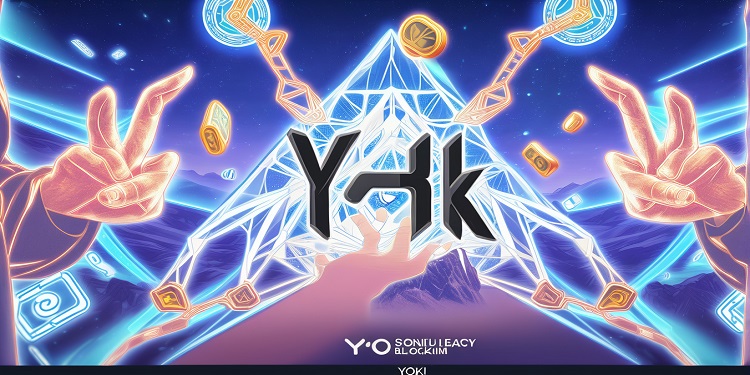Bangkok-based Thai Union, which had previously been lauded for its innovative use of blockchain technology to ensure sustainable seafood production, found itself at the center of a financial crisis involving Red Lobster. In 2020, Thai Union became the largest investor in the popular restaurant chain. Subsequently, a decision was made to make the ‘$20 Ultimate Endless Shrimp’ promotion a permanent fixture on Red Lobster’s menu. This promotion, initially a limited-time offer for 20 years, was perceived as a strategic move to sell the vast quantities of shrimp harvested by Thai Union.
However, this decision backfired dramatically. The promotion led to a 40% surge in customer traffic, which exacerbated the existing financial woes of the chain, which was already struggling due to increased labor costs, declining sales, and the lingering impacts of the Covid-19 pandemic. The restaurant chain found itself distributing massive quantities of free shrimp, a move it could not sustain financially.
Operational Shifts and Supply Chain Disruptions
CNN reported that under the leadership of a CEO appointed by Thai Union, Red Lobster severed ties with two of its breaded shrimp suppliers. This decision granted Thai Union an exclusive supply deal with the restaurant chain. However, this exclusive deal led to higher operational costs and deviated from Red Lobster’s previous strategy of selecting suppliers based on projected demand.
This shift in supplier strategy, coupled with the unsustainable promotion, reportedly cost Red Lobster approximately $11 million. The financial burden from the promotion highlighted significant operational missteps and a lack of foresight in handling increased customer traffic and supply chain dynamics.
Blockchain Innovations in Shrimp Farming
In contrast to the promotional debacle, Thai Union had previously garnered positive attention for its advancements in blockchain technology. In 2020, the company, in collaboration with data analytics firm Sea Warden and supply chain traceability company Wholechain, began piloting the use of satellite imaging in shrimp farming operations. This initiative aimed to enhance transparency and traceability in the seafood supply chain.
The project involved using satellite images to gather data on shrimp farming, which Wholechain then stored on the blockchain. This technology allowed Thai Union to track shrimp from the farm to the consumer, providing valuable insights into the sustainability, health, and environmental impacts of their operations. These insights were intended to guide Thai Union’s purchasing and business decisions, promoting a more sustainable and accountable seafood industry.
Conclusion: A Tale of Two Strategies
The contrasting narratives of Thai Union’s blockchain innovation and Red Lobster’s financial troubles underscore the complexities of modern business strategies. While Thai Union’s efforts in blockchain technology represented a forward-thinking approach to sustainability and supply chain transparency, its handling of the ‘Endless Shrimp’ promotion at Red Lobster revealed critical misjudgments in market strategy and operational management.
The financial implications for Red Lobster serve as a cautionary tale about the risks of aggressive promotions and the importance of aligning marketing strategies with operational capacities. Meanwhile, Thai Union’s blockchain initiative remains a notable example of how technology can drive sustainability and traceability in the seafood industry.
By juxtaposing these two stories, it becomes evident that while innovation and sustainability are crucial, they must be complemented by sound business practices and strategic planning to ensure long-term success and stability.









